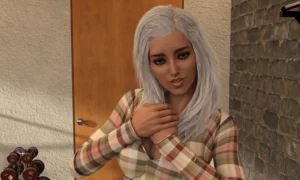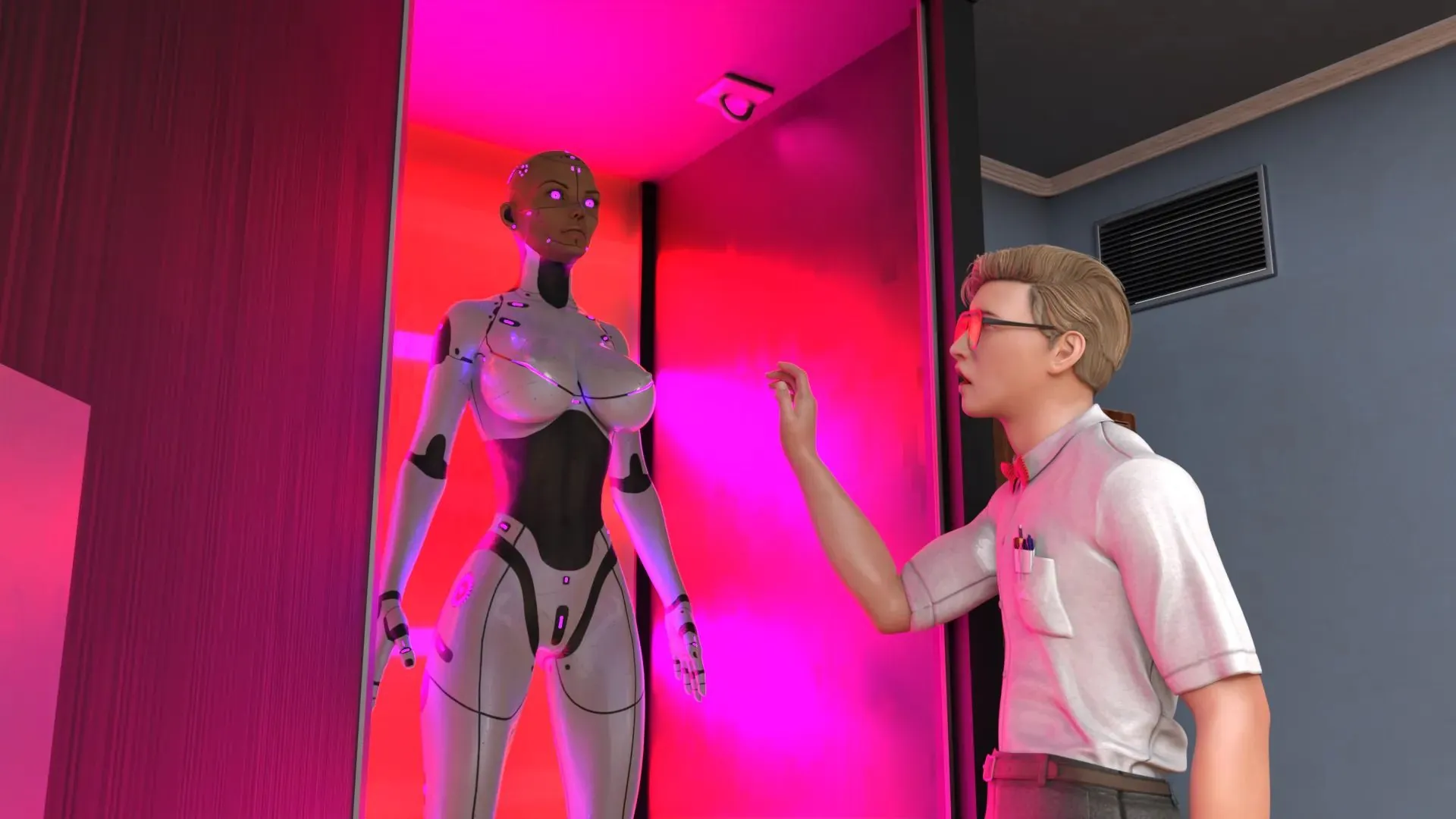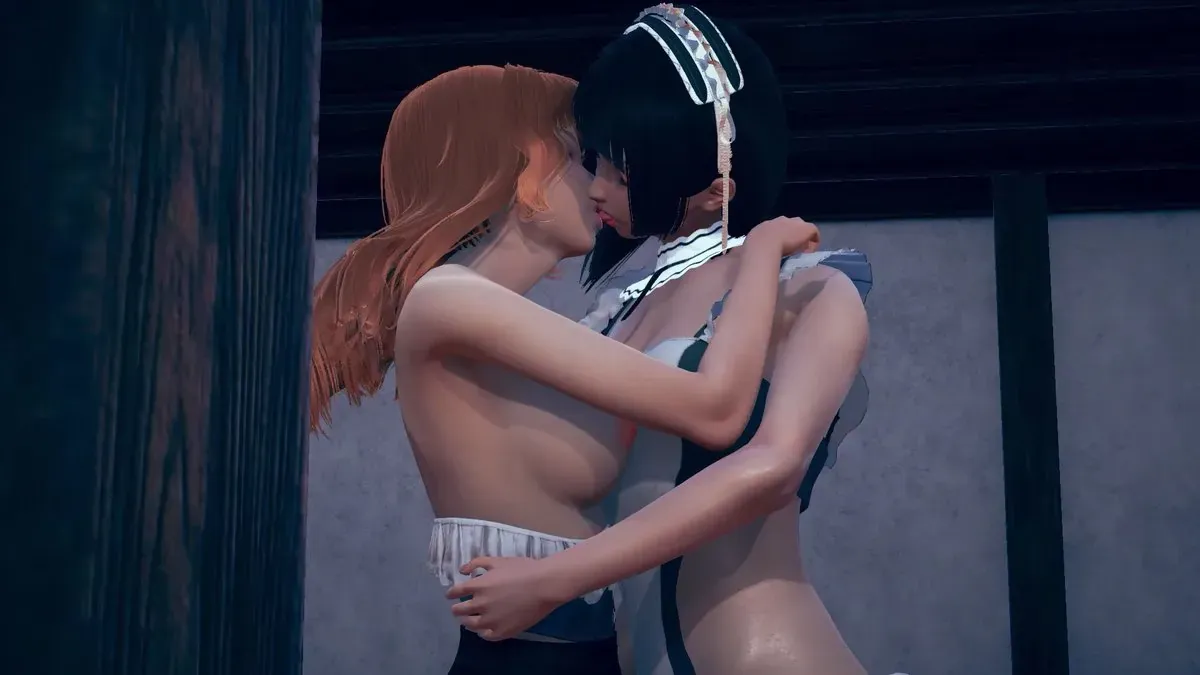
Parental Love
Play Parental Love
Parental Love review
An In-Depth Look at the Parental Love Adult Game and Its Themes
Parental Love is a provocative adult game that centers around a complex and controversial storyline involving a father reconnecting with his family after overcoming addiction. This game has sparked strong reactions due to its taboo themes and narrative choices. In this article, we will explore the game’s plot, gameplay mechanics, and the discussions it has generated among players and critics alike, providing a comprehensive understanding of what makes Parental Love a unique and challenging experience.
Understanding the Story and Themes of Parental Love
Let’s be honest, the first time you hear about a game called “Parental Love”, your eyebrows probably hit the ceiling. 🤨 I know mine did. It’s a title that doesn’t shy away from its premise, and diving into its world is a fascinating, if sometimes uncomfortable, experience. This chapter is all about peeling back the layers of this notorious title, examining its Parental Love game story, its infamous themes, and what it all might actually mean.
What is the Plot of Parental Love?
At its core, the Parental Love game plot is a story of redemption and rebuilding, albeit framed within an extremely unconventional setting. You play as a father who returns home after a long, self-destructive absence fueled by addiction. 😔 Your life was in a downward spiral, and your family paid the price.
Your return is the catalyst. The house is a shell of its former self, and the relationships with your wife and two daughters are shattered, filled with resentment, distrust, and distance. The core gameplay loop involves you, the protagonist, attempting to reintegrate into the household. This means getting a job to provide financially, helping with chores, and most importantly, engaging in conversations to slowly mend broken bonds.
The adult game storyline evolves based on your choices. Will you be a supportive, understanding father figure working towards genuine reconciliation? Or will you exploit the fragile emotional state of your family for your own gratification? The path is yours to choose, and the narrative branches significantly based on your actions. The ultimate goal, as presented by the game, is to achieve a “happy” ending by successfully restoring your family unit, though the definition of “happy” is where the massive controversy begins.
Exploring the Controversial Themes
This is where “Parental Love” earns its notoriety and sparks endless debate. The game doesn’t just hint at taboo themes in games; it places them front and center as the primary mechanic for relationship progression.
The most prominent of the Parental Love controversial themes is the exploration of romantic and physical relationships between the father character and his own daughters. This incestuous dynamic is the central pillar around which the entire game is built. It’s a deliberate, provocative choice that immediately divides its audience. For many, this is an immediate and absolute deal-breaker, a line that shouldn’t be crossed in any media. For others, it’s a fictional exploration of a dark fantasy within a safe, digital space.
I remember reading a forum post from a player who described their initial experience. They said they went in expecting one thing but were unexpectedly struck by the melancholy tone. They talked about a specific scene where the father, after getting a steady job, tries to buy his daughter a new dress to replace a worn-out one she loved. The player said the daughter’s reaction—a mix of gratitude, confusion, and lingering anger—was surprisingly well-written and emotionally complex. It wasn’t just about the taboo; it was about the painful history and the awkward, flawed attempt to make amends. This duality is what makes the Parental Love game story so compelling to dissect.
Other themes woven into the narrative include:
* Power Imbalances: The inherent power dynamic between a parent and a child is a massive factor, making the idea of consent within the game’s context ethically murky.
* Addiction and Trauma: The father’s past addiction and the trauma it inflicted on the family is a serious subject that serves as the story’s foundation.
* Rebuilding Trust: At its most charitable interpretation, the game can be seen as a severely twisted story about earning back lost trust.
Here’s a breakdown of the core controversial elements:
| Theme | How It Manifests in the Game | Player Reaction Spectrum |
|---|---|---|
| Central Taboo Dynamic | The core possibility of romantic relationships with family members. | From absolute rejection to curious acceptance as fantasy. |
| Power & Consent | The father figure holds a position of authority, influencing family decisions and relationships. | A major point of ethical criticism and discomfort. |
| Redemption Narrative | The story framework of a flawed man seeking to fix his past mistakes. | Often seen as a weak justification for the main theme. |
Is Parental Love a Parody or Serious Narrative?
This is the million-dollar question, and it’s the heart of any Parental Love narrative analysis. 🤔 Is this game a sincere, if terribly misguided, attempt to tell a story about recovery? Or is it all an elaborate joke?
The Parody Theory is a popular lens through which many players view the game. Proponents of this idea argue that the game takes a standard trope of adult games—the “landlord” or “authority figure” dynamic—and pushes it to its most absurd, logical extreme. By making the characters actual family members, the game could be seen as holding a mirror up to the entire genre, mocking its often shallow and problematic premises by presenting them in their most unacceptable form. The overly dramatic dialogue, the cliché setup of a broken family, and the sheer audacity of the premise all fuel this theory. It’s so over-the-top that it must be satire, right?
On the other hand, there’s an argument for a Serious Narrative. The game invests significant time in character backstories, emotional trauma, and the slow burn of relationship building. If it were purely a parody, would it bother with these nuances? The inclusion of the father’s addiction as a core plot point adds a layer of somber reality that feels at odds with pure comedy. The Parental Love parody theory might be a comfortable way for some players to distance themselves from the uncomfortable content, but the game’s mechanics suggest a genuine attempt to craft a branching, character-driven story, however taboo its subject matter.
My personal insight? I think it operates in a hazy middle ground. The developers were undoubtedly aware of the shock value, but they also invested too much in the story’s structure for it to be a mere joke. It uses the framework of parody as a defense mechanism—a “get out of jail free” card for the content—while simultaneously asking players to engage with it on a narrative level. Your interpretation likely says more about you as a player than it does about the developers’ intent.
This ambiguity is precisely what has solidified the game’s place in gaming culture. It’s not easily dismissed or categorized. Whether you see it as a serious adult game storyline or a satirical critique, the Parental Love controversial themes force a reaction and a conversation, which is perhaps the most defining characteristic of its narrative. It’s a game that is remembered, discussed, and debated long after you close it, and that in itself is a remarkable feat.
Parental Love is a game that challenges conventional storytelling in adult gaming through its bold and controversial narrative. While it may not appeal to everyone due to its sensitive subject matter, it offers a unique experience that provokes thought and discussion. Whether viewed as a serious exploration of difficult themes or as a deliberate parody, the game stands out in its genre. For those interested in complex adult games with strong narrative elements, Parental Love is worth exploring with an open mind.











